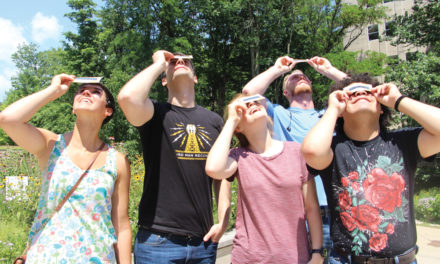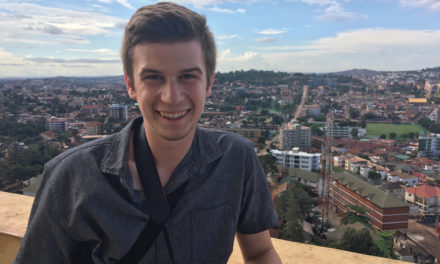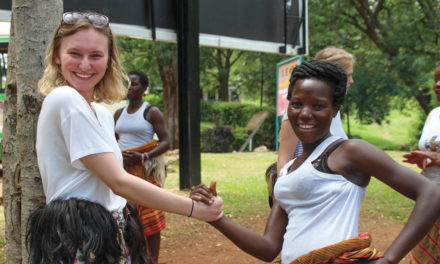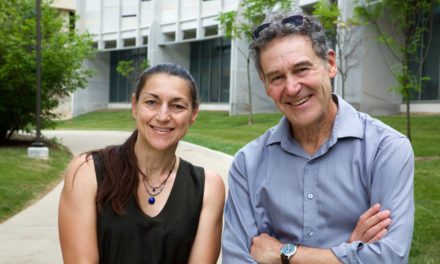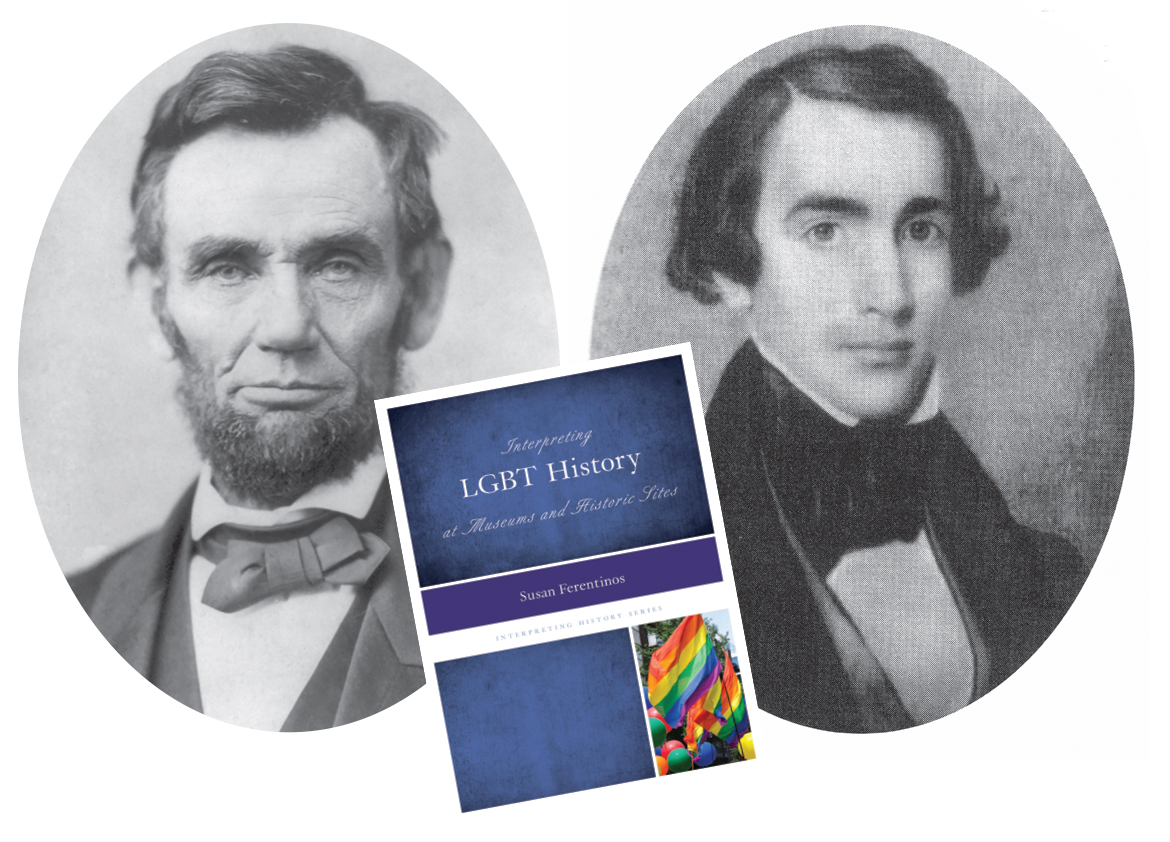
Editor’s note: This story ran in the February/March issue of Bloom prior to Pete Buttigieg’s withdrawal from the presidential race. Below, we have the run the story exactly as it appeared in the magazine.
by SUSAN M. BRACKNEY
Democratic candidate Pete Buttigieg may be the first openly gay man to run for president, but according to some historians, if he wins the election, he won’t be the first gay man to hold that office. Because of the intimate friendship between Abraham Lincoln and Joshua Speed, some speculate that the 16th president of the United States was gay.
“Most have concluded that they loved each other, but it wasn’t sexual,” says Susan Ferentinos, a researcher, consultant, and author of Interpreting LGBT History at Museums and Historic Sites (Rowman & Littlefield, 2014). Although the men shared a home—and bed—for four years, both eventually married women.
Public historians like Ferentinos are doing for history what Neil deGrasse Tyson has done for science—they’re bringing it to the people. “We focus on sharing the past with a live audience,” she explains. In particular, Ferentinos specializes in interpreting LGBTQ history. “Because I identify as a member of the LGBTQ community, it’s a personal passion,” she says. “That public history sites like the National Park Service, historic houses, or even history museums would be talking about LGBTQ history, variant gender expression, or sexual identity—that’s all really new.”
Although many associate historians with academia, public historians are just that—leading walking tours, filming documentaries, working on historic preservation projects, and more. Ferentinos is no exception.
“I didn’t want to teach, so I was looking for different jobs that weren’t in the classroom,” she says. She’s worked at history centers, in publishing, and in libraries. “By the time I was working on my dissertation, I had a professional job at the Organization of American Historians,” she says.
The Delaware native completed undergraduate work at the College of William & Mary in Williamsburg, Virginia. In 1996, she and her future spouse, Danielle McClelland, moved to Bloomington, where Ferentinos earned history and library science master’s degrees as well as a doctorate in history from Indiana University.
Ferentinos’ temporary academic stop in Bloomington became permanent. “I travel often for my job and I see many different places, so I’m aware of what the options are,” she says. “But I get to walk almost everywhere I go. People say ‘hi’ to you on the street. It’s hard to imagine living anywhere else.”


